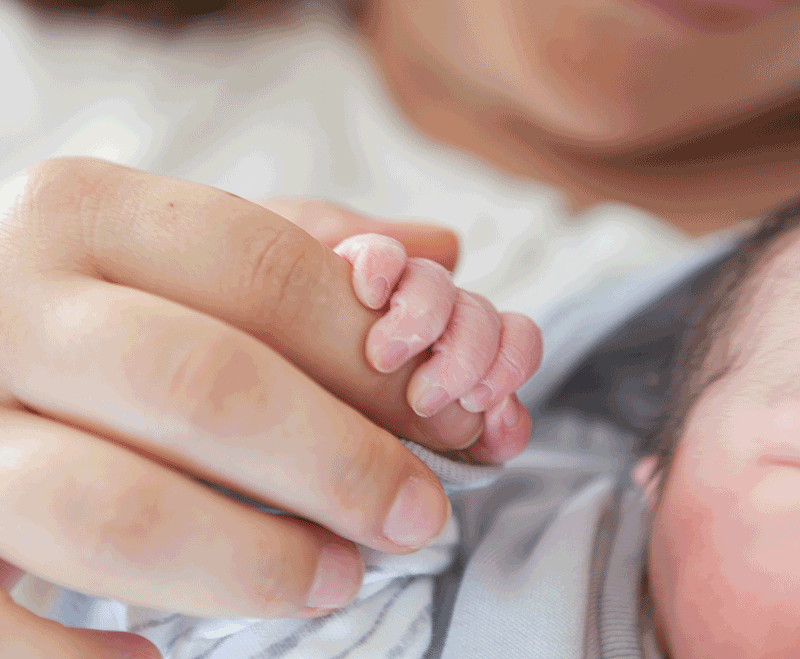Experiencing high levels of stress during pregnancy is known to place mothers and their infants at risk of mental health problems. A reportpublished today in JAMA Network Open highlights some of the impact that worries about COVID-19 may have had on the mental health of women and their offspring.
In a longitudinal study, Susanne Schweizer, Ph.D., of the University of Cambridge and colleagues found that “COVID-19–related stress was significantly associated with maternal postpartum distress, depression, and GAD [general anxiety disorder] as well as infant negative affectivity, even when controlling for COVID-19 risk reported during the pandemic.”
The results were based on data collected as part of the COVID-19 Risks Across the Lifespan, which included women from Australia, the United Kingdom, and the United States. A total of 318 women who reported being pregnant at the first assessment wave that took place between May 5 and September 30, 2020, and completed follow-up assessments between October 28, 2021, and April 24, 2022, were included in the analysis.
In addition to completing the 8-item Patient Health Questionnaire and the 7-item General Anxiety Disorder scale, the study participants completed the following assessments:
- The 9-item Pandemic Anxiety Scale, which asked participants about their level of agreement with such statements as “I’m worried that I will catch COVID-19.”
- The 10-item Postpartum Distress Measure, which asked participants about their level of agreement with such statements as “I have recurring thoughts about harm coming to my baby, my family, or myself.”
- The 37-item Infant Behavior Questionnaire, which assessed negative affectivity (for example, how teary the baby was at the end of an exciting day), positive affectivity (for example, how much the baby laughed), and more.
Antenatal COVID-19–related stress was significantly associated with depression, general anxiety disorder, and postpartum distress among mothers 8 to 22 months postpartum. Among infants, antenatal COVID-19–related stress was selectively associated with negative affectivity but not positive affectivity or orienting behaviors (for example, spending more than five minutes looking at pictures in books).
“These results echo the findings of others that antenatal stress is detrimental to the postpartum mental health of both mother and child,” Schweizer and colleagues wrote. “More specifically, our findings demonstrate the association of pandemic-related stress with these adverse outcomes, highlighting the need to prioritize mental health care as part of antenatal care guidelines during pandemics.”
For related information, see the Psychiatric News article “Addressing Maternal Mental Health: Progress, Challenges, and Potential Solutions.”




